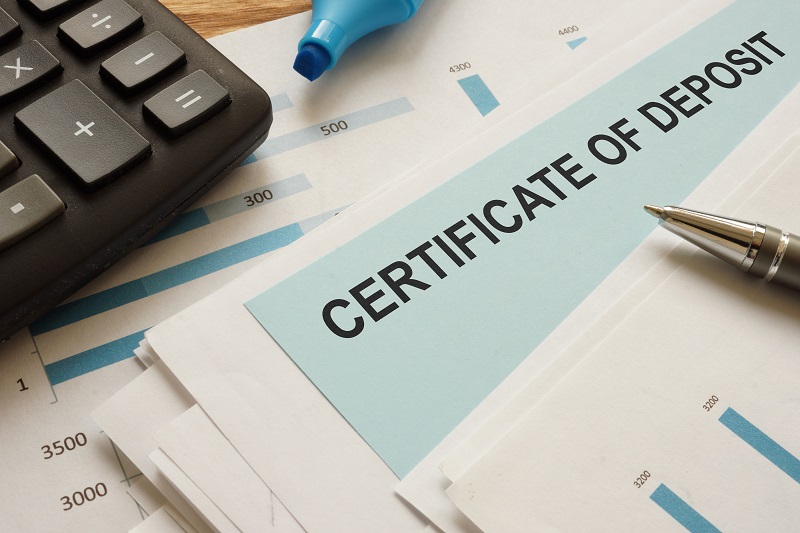In most cases you can withdraw funds from a CD before it matures, but doing so will usually result in an early withdrawal penalty which could take a significant chunk out of your interest earnings. If you are considering closing your CD early, you should take some time to review the pros and cons. In some cases breaking a CD early can be a savvy financial move, but sometimes it’s just not worth the penalty.
What happens when you close a CD early?
It’s important to understand the rules of CDs, or certificates of deposit. Typically, a CD requires you to deposit a sum of money with the intention of leaving it in place for a set number of months or years. This period of time is referred to as the “CD term”, and when the term is over the CD has “matured”. If you withdraw your funds before your CD matures, you will typically lose a certain amount of the interest your CD has accumulated. This is commonly referred to as an early withdrawal penalty. The exact terms and conditions of your early withdrawal penalty will depend on your specific CD and financial institution. If your CD is subject to an early withdrawal penalty it will most likely be outlined in the disclosures or agreements that you receive when opening your account.
To determine how much of a penalty you’ll face for closing your CD early, read your account agreement, or contact your financial institution. Once you know how many months’ worth of interest you will be penalized for breaking your CD early, you can use a withdrawal penalty calculator to estimate the full penalty cost.
Does it ever make sense to withdraw funds from a CD before maturity?
There are times when making a withdrawal from a CD before its maturity date could make sense. Here are some potential scenarios where it might be worth it to break your CD early, despite the expected penalty fees:
- You need the money for an emergency: There are times when you need quick access to funds for an emergency. If you’re facing unexpected medical expenses, emergency repair costs, or other surprise charges, you might consider withdrawing funds from a CD before its maturity date. If you’re considering this, you should first make sure you don’t have available funds in a more liquid account, like a checking or savings account, that won’t be subject to a withdrawal penalty.
- You want to put the money toward a down payment: If you’re purchasing a house or a car, chances are you’ll need to make a down payment. If you don’t have sufficient funds in a checking or savings account, dipping into a CD might be your only option if you don’t want to lose out on the home or car of your dreams. It’s also worth considering that down payments help to reduce the long-term interest you’ll pay on your loan, often saving you thousands of dollars in the long run. So, breaking a CD to make a down payment could save you enough money in interest over the lifetime of your loan to make up for any withdrawal penalty you might face.
- You can get a higher rate elsewhere. If your funds are currently locked up in a CD and there are other CDs out there with significantly higher rates, it might be worth it to forfeit some of your earned interest in order to reinvest those funds in a new CD. Before you decide, you should calculate your expected early withdrawal penalty as well as your expected earnings on the new CD. Be sure that the interest you’ll earn on your new CD will outweigh the penalty costs associated with withdrawing funds from your current CD before it matures.
In 2024, many banks are still offering some of the highest CD rates seen in years, making them a very popular investment vehicle. If you currently have a CD, or are thinking about opening one, it’s important to understand how they work, and the potential implications of closing a CD before it matures. If you’re thinking about opening a CD, Bank5 Connect has a variety of CD terms at competitive rates, and our Customer Service team is happy to answer any questions you may have.
